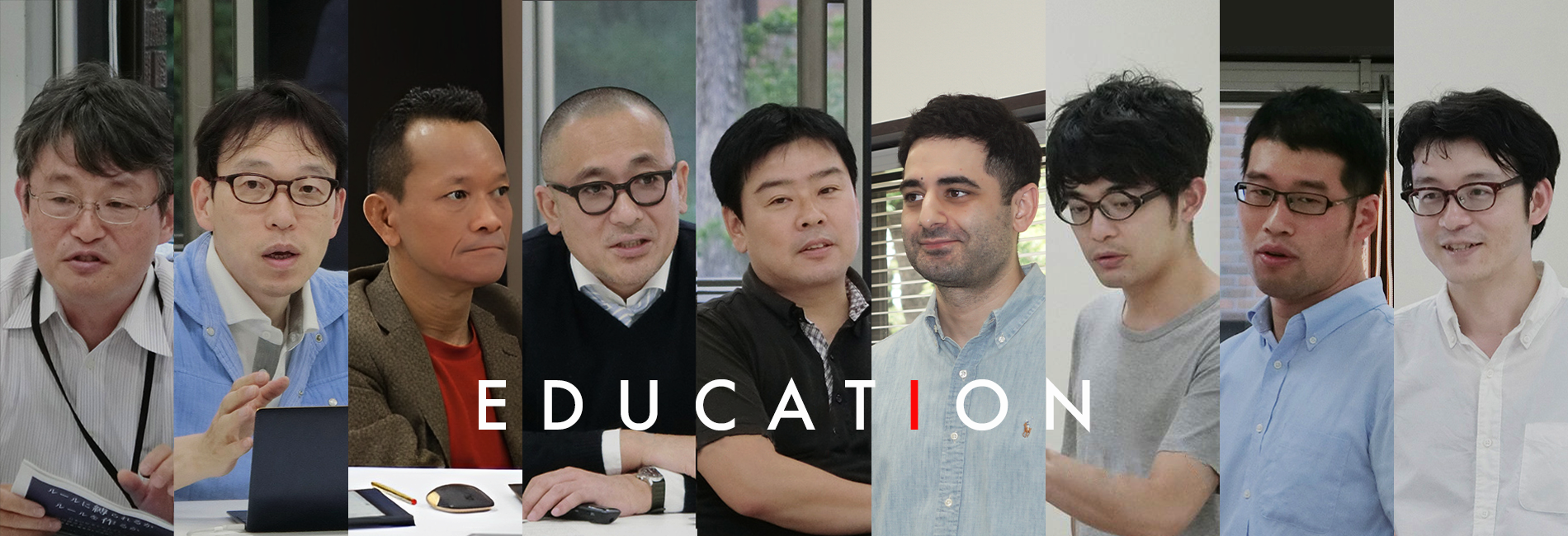論題:
Ivar Padrón-Hernández
日時:
How do host country institutions affect strategic choice and institutional responses by subsidiaries in multinational corporations (MNCs)? This paper addresses the above question through a comparative study of three subsidiaries within Tomra, a Norwegian recycling machinery firm. Specifically, I contrast regulative, cognitive and normative institutions surrounding deposit versus non-deposit reverse vending of PET bottles in the United States, Japan and Germany. Findings show how subsidiaries interacted with local institutions as they formed local strategies and institutional responses. While the strategic choice between deposit and non-deposit solutions was related to the overall degree of institutional friction, subsidiary responses to institutions were not. Instead, responses followed a hierarchy in which conflicting norms, cognitions and regulations were targeted in that order.
Emphasizing the role of MNC subsidiaries and local institutions in forming viable strategies, issue-specificity of institutions and pillar hierarchy of institutional change in mature fields, this paper contributes to the global strategy literature and institutional theory.

